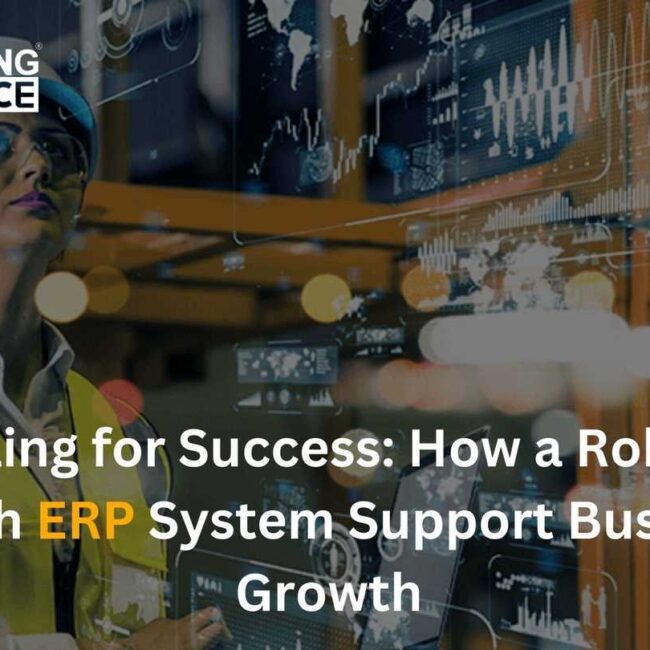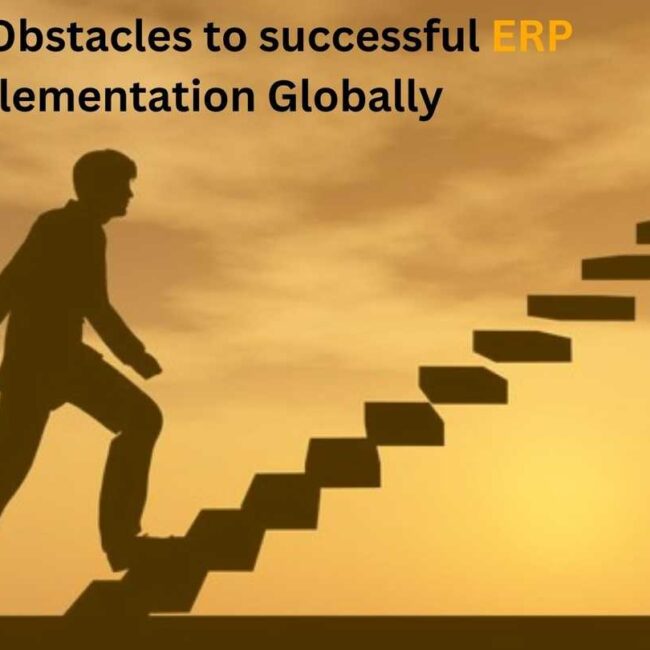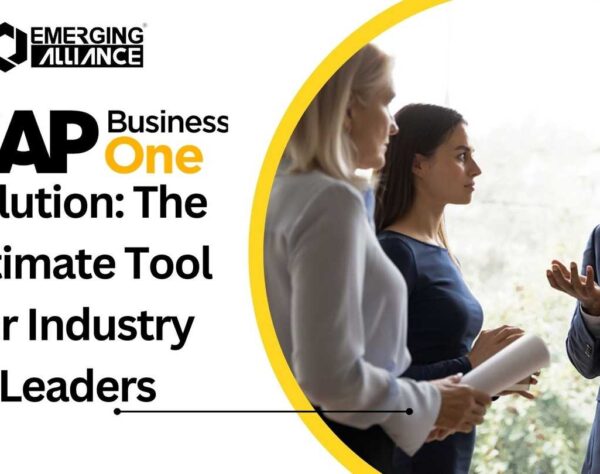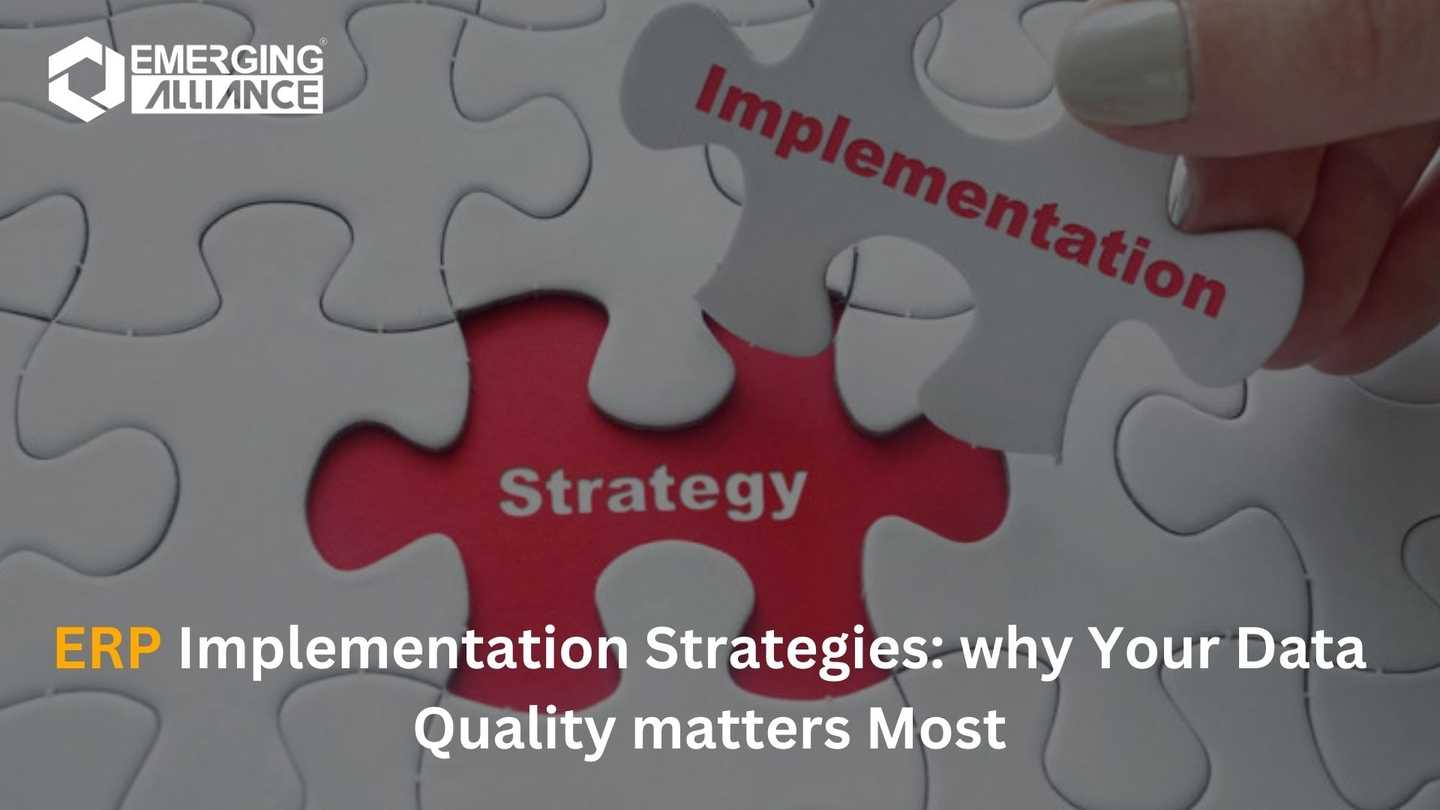
ERP Implementation Strategies: Why Your Data Quality Matters Most
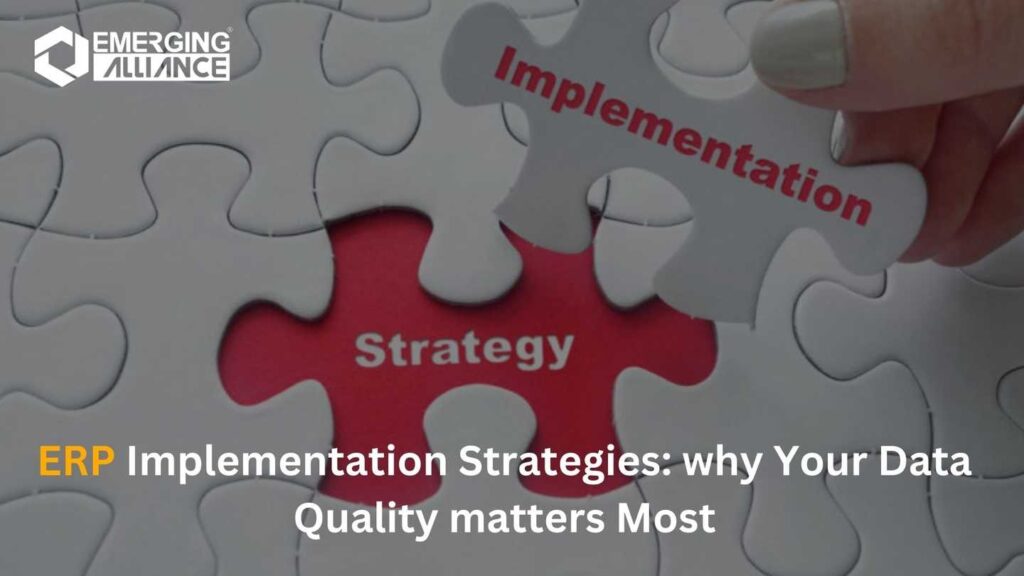
Practical Tips for Data Quality Management in an ERP implementation
Implementing a new ERP (Enterprise Resource Planning) system represents a significant investment for any organization. However, the success of this effort can be severely compromised by poor data quality, leading to potential project failure. The saying “garbage in, garbage out” aptly captures this issue: flawed data input results in flawed output from the ERP system. This article delves into the vital importance of data quality in ERP implementations and provides practical advice to ensure a successful data migration.
The Essential Importance of Data Quality
In ERP implementations, data quality is crucial. Accurate and error-free data ensures the new system operates correctly and provides reliable insights. Conversely, poor data quality can cause numerous issues, including inaccurate reporting, operational inefficiencies, and ultimately, the failure of the ERP project. It’s imperative to recognize that data quality must be impeccable to avoid the “garbage in, garbage out” scenario.
How Poor Data Quality Leads to ERP Implementation Failures
A primary reason for ERP implementation failures is poor data quality. Legacy systems often contain outdated or incorrect data, which, if migrated, results in the new ERP system being filled with inaccuracies and redundancies. Approximately 40 percent of old data is usually irrelevant or outdated and should be discarded. Without proper filtering and cleansing, this “garbage” data undermines the new system.
Key Strategies for Ensuring High-Quality Data
1. Pre-Migration Data Cleansing
Prior to migrating data to a new ERP system, it’s essential to cleanse it. This process involves identifying and correcting errors, eliminating duplicate records, and ensuring that all data is accurate and current. Doing so ensures that only relevant and correct data is transferred to the new system.
2. Removing Outdated Information
A significant amount of data in legacy systems is often outdated. During the migration process, it’s crucial to filter out this old data. Only data necessary for the new ERP system should be migrated, reducing the risk of transferring “garbage” and maintaining data quality.
3. Generating New Data
In some instances, creating new data might be more beneficial than relying on old, potentially flawed data. This approach is particularly useful if existing data is severely compromised. Starting fresh ensures that the data in the new ERP system is accurate and relevant.
4. Independent Data Collection and Cleansing
Another important tip is to collect and cleanse data independently of the ERP vendor. There’s no need to wait for the vendor to initiate this process. Proactively ensuring your data is clean and ready for migration can streamline the implementation process and avoid potential delays.
Gaining Executive and User Support
Even with a perfect ERP system, invalid data can lead to a loss of buy-in from executive management and users. They depend on the data for decision-making and daily operations. Encountering poor data quality erodes their trust in the system, causing resistance and potentially leading to project failure. Ensuring high-quality data is thus a strategic necessity to gain and maintain stakeholder support.
In Conclusion,Data quality is a critical factor in the success of an ERP implementation. Adhering to the principle of “garbage in, garbage out” helps organizations avoid the pitfalls associated with poor data quality. Cleansing and filtering data before migration, creating new data when necessary, and proactively managing data collection and cleansing are essential steps to ensure the new ERP system delivers the expected benefits. The effort invested in ensuring data quality before migration will pay off in the long run with a more reliable, efficient, and successful ERP system.
If you would like to know more about our ERP services, please visit us at: https://www.emerging-alliance.com/
Join the ranks of the inquisitive – Delve into captivating content on our website and uncover more than you ever imagined!
Want to speak to an expert? Fill in the form below, and we will be in touch with you shortly!


